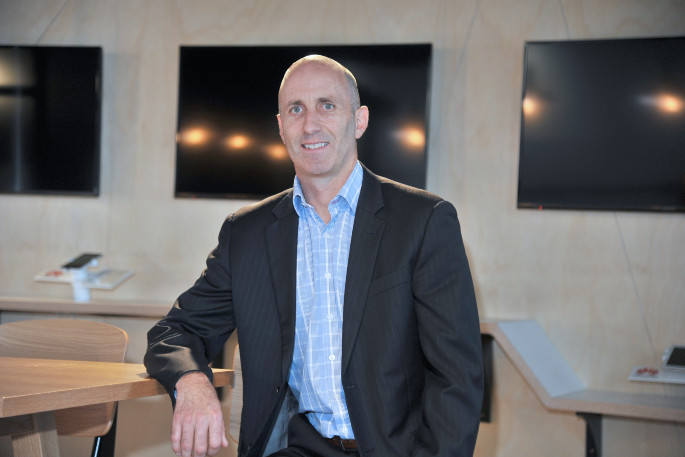Cyber security professionals are in high demand globally and New Zealand companies are struggling to find people with the right skills.
Organisations must not only defend against attacks but be able to recover quickly after a major disruption.
Business leaders should embed cyber resilience across their organisations to protect against digital threats.
The national cyber security summit to be held in Wellington next month is attracting huge interest. The February 15 and 16 summit is being staged by NZTech and Brightstar.
NZTech chief executive Graeme Muller says ransomware and trojan attacks in New Zealand and Australia last year catapulted cyber security to the top of every business's to-do list.
'Corporate and company leaders are increasingly elevating the importance of cyber security to their companies,” says Graeme.
'But the 2021 high-profile attacks show how much more needs to be done in the year ahead.
'The far-reaching cyber security breaches last year were a reminder to decision-makers of the heightened importance of cyber security. Cyber security is a board-level issue now for many firms.
'The pandemic has accelerated tech adoption but has exposed cyber vulnerabilities and unpreparedness.
'Looking at the year ahead, it is critical to continue elevating cyber security as a strategic business issue and develop more partnerships between industries, business leaders, regulators and policymakers.
'Digitalisation increasingly impacts all aspects of our lives and industries. We are seeing the rapid adoption of machine learning and artificial intelligence tools, as well as an increasing dependency on software, hardware and cloud infrastructure.
'Facing these heightened risks, companies and government need to acknowledge that cyber security is a national security priority.
'Businesses that actively adopt cyber security and more importantly improve their cyber security infrastructure are more likely to be successful.'
Last year many Kiwi providers of essential services including energy, healthcare, food, and transport were hit by ransomware attacks which crippled their operations and had cascading effects on critical functions the public relies on.
No company has the resources to fix all cyber issues and not all fixes are equally important. It is only by starting to identify activities that are important to a business, and understanding how attacks could disrupt them, that one could start to prioritise the process of risk mitigation, says Graeme.
'We're at a crossroad where cyber resilience has become a defining mandate of our time, to anticipate future threats, withstand, recover from cyber-attacks, and adapt to future digital shocks.”



0 comments
Leave a Comment
You must be logged in to make a comment.